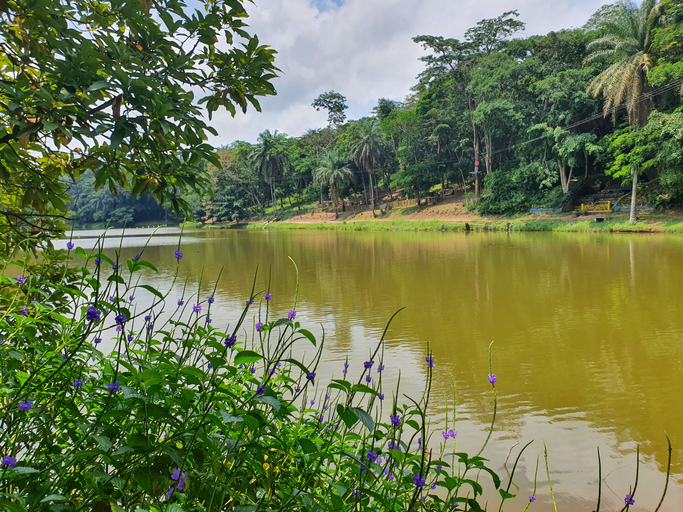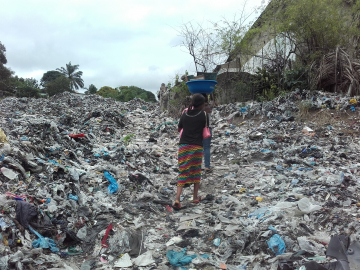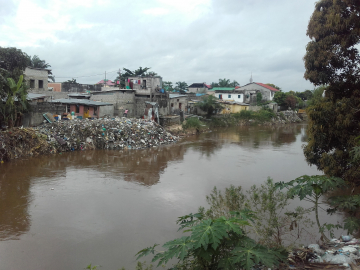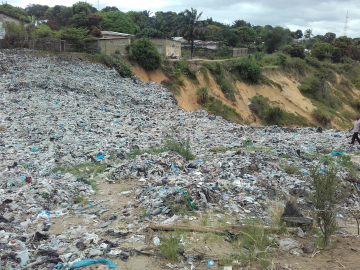
Solid waste collection in Kinshasa, Democratic Republic of the Congo
- International
- Projects
- Solid waste collection in Kinshasa, Democratic Republic of the Congo
Study on the organization of solid waste collection and preliminary landfill assessment
Kinshasa is the capital of the Democratic Republic of the Congo and is considered to be the third most populated African city after Cairo and Lagos. The population is estimated at 12 million. 7,500 metric tons of waste per day are produced. Waste collection and treatment rates are low with virtually non-existent transit stations or managed landfills. Kinshasa is in a state of abject squalor. Waste production is set to increase: according to the World Bank, the city’s population will be 20 million by 2030.


